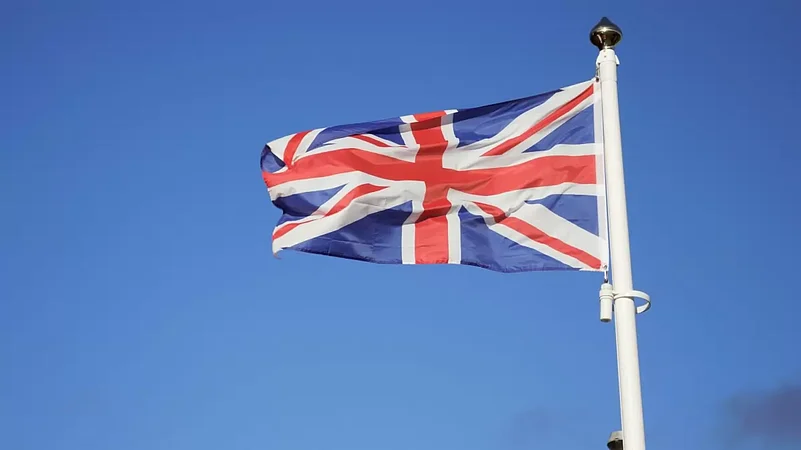India and the UK are "very close" to concluding negotiations for a proposed free trade agreement as both sides are working to iron out differences on issues including investment treaty, intellectual property rights (IPRs) and rules of origin, a senior government official said on Friday.
The official also said there is a broad consensus on matters related to auto and spirits, however "nothing is agreed till everything is agreed".
The 11th round of talks was concluded recently. For that round, Commerce and Industry Minister Piyush Goyal and Commerce Secretary Sunil Barthwal visited London and took stock of the negotiations.
The official exuded confidence that the negotiations will be concluded this year.
"We are very close and are trying to conclude the talks as early as possible," the official added.
Out of the total 26 chapters in the FTA, 19 have been closed.
"Remaining issues include IPRs, rules of origin and investment treaty," the official added.
In the rules of origin chapters, both countries are talking about product specific rules, value addition, change in chapter heading, and certification.
"The UK will be the first country with which we are going to have a comprehensive FTA which we have not signed with any other developed country as such," the official said.
The 'rules of origin' provision prescribes minimal processing that should happen in an FTA country so that the final manufactured product may be called originating goods in that country.
Under this provision, a country that has inked an FTA with India cannot dump goods from some third country in the Indian market by just putting a label on it. It has to undertake a prescribed value addition in that product to export to India. Rules of origin norms help contain dumping of goods.
Negotiations between the two countries for the agreement cover as many as 26 policy areas/chapters.
Investment is being negotiated as a separate agreement (bilateral investment treaty) between India and the UK and it would be concluded simultaneously with the free trade agreement.
The two countries last year missed the deadline due to unprecedented economic and political crises in the UK.
The Indian industry is demanding greater access for its skilled professionals in the UK market and entry of Indian whiskey by removal of conditions pertaining to the three-year minimum maturation period.
The UK is also seeking a significant cut in the import duties on Scotch whiskey. The nation is also looking for more opportunities for UK services into Indian markets.
The bilateral trade between the countries increased to USD 20.36 billion in 2022-23 from USD 17.5 billion in 2021-22. India's main exports to the UK are ready-made garments and textiles, gems and jewellery, engineering goods, petroleum and petrochemical products, transport equipment, spices, machinery and instruments, pharmaceuticals and marine products.
The main imports include precious and semi-precious stones, ores and metal scraps, engineering goods, professional instruments other than electronics, chemicals and machinery.
In the services sector, the UK is the largest market in Europe for Indian IT services. In the field of investment, the UK is one of the top investors in India.
In 2022-23, India received USD 1.74 billion in foreign direct investment from the UK as against USD 1 billion in 2021-22.
During April 2000 and March 2023, investments stood at USD 33.9 billion. Under such pacts, two trading partners significantly reduce or eliminate customs duties on the maximum number of goods traded between them, besides easing norms to promote trade in services and investments.
The UK, which has a USD 3.1 trillion economy according to World Bank data, has long been a service sector powerhouse. The city of London, which is one of the world's biggest financial markets, has also long attracted Indian companies seeking to raise funds from the global market.

United Kingdom
United Kingdom
Published At:
- Previous Story
 Budget FY27: FM Throws Challenge To Rahul Gandhi, Asks Him To Cite Specific Gaps
Budget FY27: FM Throws Challenge To Rahul Gandhi, Asks Him To Cite Specific Gaps - Next Story
MOST POPULAR
WATCH
MORE FROM THE AUTHOR
×























